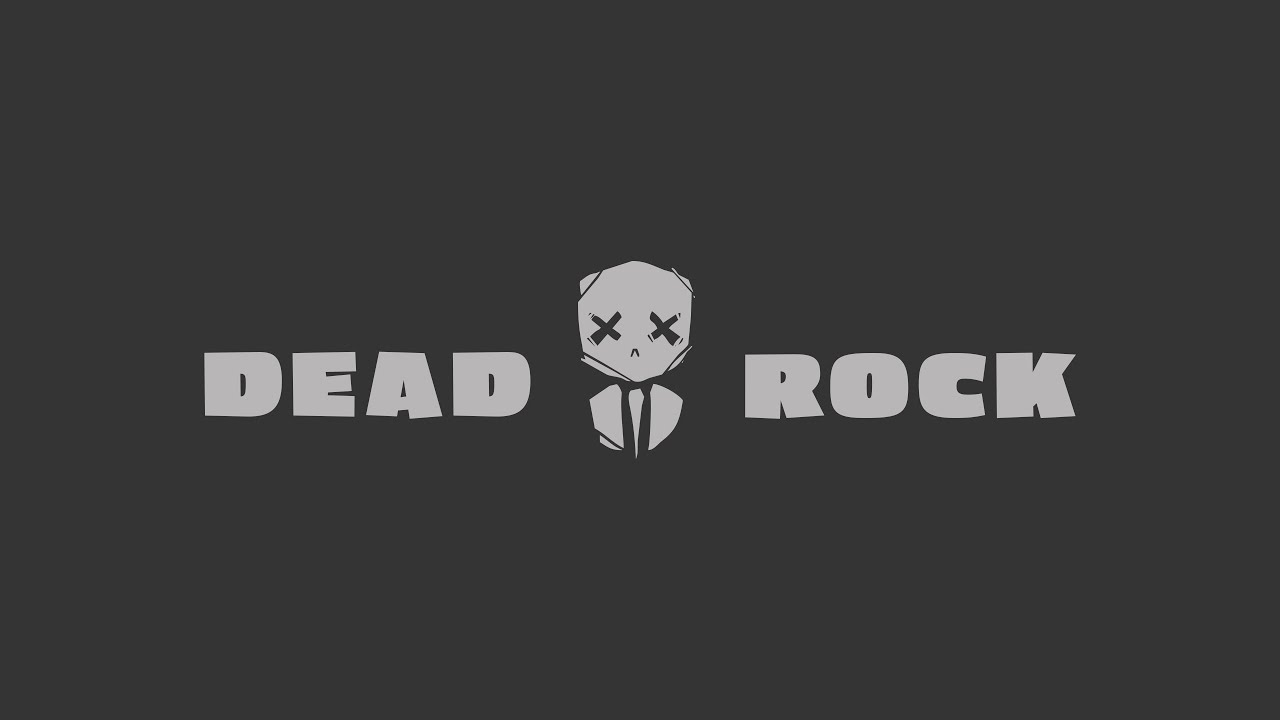Toda
- 13 Posts
- 19 Comments
That actually fills me with joy to read.
It certainly did. It certainly got me playing again!
I prefer Chess, but they’re both fantastic. The last couple of years, it really feels like Chess has shot back into the mainstream - and it’s exciting!
Thanks, I’ll keep all that in mind. It’s something I’m hoping to get out of the Fediverse too. I just need to push myself to be more active, rather than just passively consuming.
How have you gone about making friends on the platform? I checked it out, but found it a bit isolating. Surely that’s on me rather than the platform, so I’d like to hear of your experience.

 4·1 year ago
4·1 year agoI don’t disagree, I do think there are too many communities for the number of active users (both here, and Lemmy in general). What I’d be interested to know is this: Is there some research into the subject, or even a write-up from someone who has successfully grown a thriving community in the past?
I’d argue that with [email protected] being the “default” community, this is somewhat mitigated. It’s not policed, so you can post there about Rust, Godot, Python, or whatever you like and nobody will moderate you or ask you to move along. Maybe the “over-dilution”, as you call it, hurts the instance as a whole. But if you think of Lemmy as something wider than a single instance, it matters less. [email protected] is the flagship instance here, and it’s a large one by Lemmy standards. People will subscribe to that from all over the Fediverse.
So I think it comes down to your view of programming.dev as an instance vs Lemmy as a network of federated communities. Ultimately, people will just subscribe to whatever instances interest them - and hopefully Lemmy as a whole will thrive, including this instance.
I’ll see what I can do :)
I actually think the privatized model works well for telecommunications companies, but only with strict and heavy regulation. For the same reason as it works with supermarkets, it forces the networks to compete and ultimately keep prices down. But that regulation needs to prevent the large players from merging and buying up competition.
Masts and other infrastructure should be nationalized though, and any networks wishing to use the infrastructure would then have to contribute to funding it. Similar to openreach, but properly nationalized and truly neutral.

 8·1 year ago
8·1 year agoThis is a good selection of powers, and much more interesting (to me) than the usual array this is done with. For me, it’s very difficult to choose between Flight, Telekinesis and Invisibility… I think telekinesis is probably the most useful. The only way I would choose speed is if both:
- It is controllable, i.e. you can switch it off
- It affects how fast you’re able to think
The sweetness if fine, offset by lashings of salt and butter (or butter alternative).
I just have to stop for a moment when I realise I’m covering a pan of oats with… the liquid from what would have been another pan of oats at some point. Oatception.
PS: Thanks!

 961·1 year ago
961·1 year agoI hate to be a bore, and regurgitate the same “leftie” discourse that gets repeated a lot online, but:
Royal Mail would become “financially and operationally unsustainable in the long term”
This is because Royal Mail has become private and is now required to become profitable / increase it’s value over time. Which is nonsense. It should be a public service funded by a mix of direct payment (e.g. stamps) and taxation.
If continuing to run six days per week, as the are currently obliged to, has become unsustainable then perhaps it is time it returns to public ownership.
Oat milk, by far. I find it tastes the best of them all in coffee and tea, and works well in things like mashed potatoes too. I do also put it in porridge, but that feels… Uncomfortable.
This is exactly where I am. 15, maybe even 10, years ago I was excited by phone releases that had significant upgrades. This is no longer the case. Screen size ratios have maxed out, cameras are far better than anything I need them for, most flagships have (or have the option of) adequate storage.
Gimmicks like the foldable don’t really excite me. I find them interesting, and could see myself owning one in the future if they become commonplace and affordable. But they’re really not that interesting.
Ultimately, I use my phone primarily for messaging, emails, listening to music/podcasts/audiobooks and browsing the internet. Nothing on the Horizon is going to significantly improve those experiences for me.
I previously had a OnePlus 7 Pro and ran that until the Pixel 7 came out, as my battery life had significantly degraded. I don’t see myself upgrading from this phone for several years at least.
The only thing that would change that, as far as I can predict, would be some startling innovation to battery technology that allows me multi-day battery life.
Edit: I would also jump ship onto a Linux phone if that were to pick up and become a serious contender.
Yes, no long commuting has slashed my podcast listening time too. I now only listen to them on the school run (if my son wants to listen too), or during chores.
I managed to reach level 8, but cannot beat that one. Is there a solution you know of? (Not asking you to share it, only to confirm)
My favourite three are:
-
Darknet Diaries
I imagine this one is familar to most podcast fans that might stumble upon this post. The host is a fantastic interviewer, storyteller and producer. He interviews incredibly interesting people and shares their stories about all things dark net: hacking, social engineering, dark web, darknet markets and more. -
Self-Hosted
A podcast about all things self-hosted. The two hosts are passionate self-hosters who like to discuss open-source solutions, self-hostable products and technical setups. They are highly experienced and have a ton of useful information to share. They have great guests on the show, and have built a brilliant community around the topic. -
Coding Blocks
A general software engineering podcast. I find some episodes a bit hit or miss, but the three hosts are hilarious, informative and very entertaining. You can tell they are three very close friends who absolutely vibe off of one another. They cover all sorts of topics including programming languages, development tools, books, conferences, frameworks, companies and more.
-
Thank you for sharing this. It really resonated with me. Actually, even more so, another post by Herman that they linked to in this one: Why I started journaling.
I have always wanted to write more, but have always felt some strange and unnecessary pressure to write in a public format. I do wish to do that too, but I’m always held back by lack of time, anxiety, bouts of depression, lack of ideas, etc…
But personal journaling doesn’t have the same pressures. It only needs one to overcome that “lack of time”. I re-read Atomic Habits last week, and one topic he discusses is the two-minute rule. There’s more to that than I can do justice to in this quick reply, but one point he makes is restricting yourself to two-minutes as a maximum while you try to form new habits. I am going to give that a shot.
At the end of each day, I intend to spend exactly two minutes quickly journaling about my day. I feel like I can always find two minutes to commit to such a task, and whilst I surely can’t catch much of my day in that time, it will enable me to really get something written each day and solidify the habit. Hopefully I can expand that as time goes on, and eventually pluck up the courage (and ideas) to start writing something more public.
That was a bit of a tangent, but this was a thought-provoking post - thanks again for sharing it.



















Hare is interesting.
We have a community for it on this instance, here. But it’s currently dead and unmoderated.